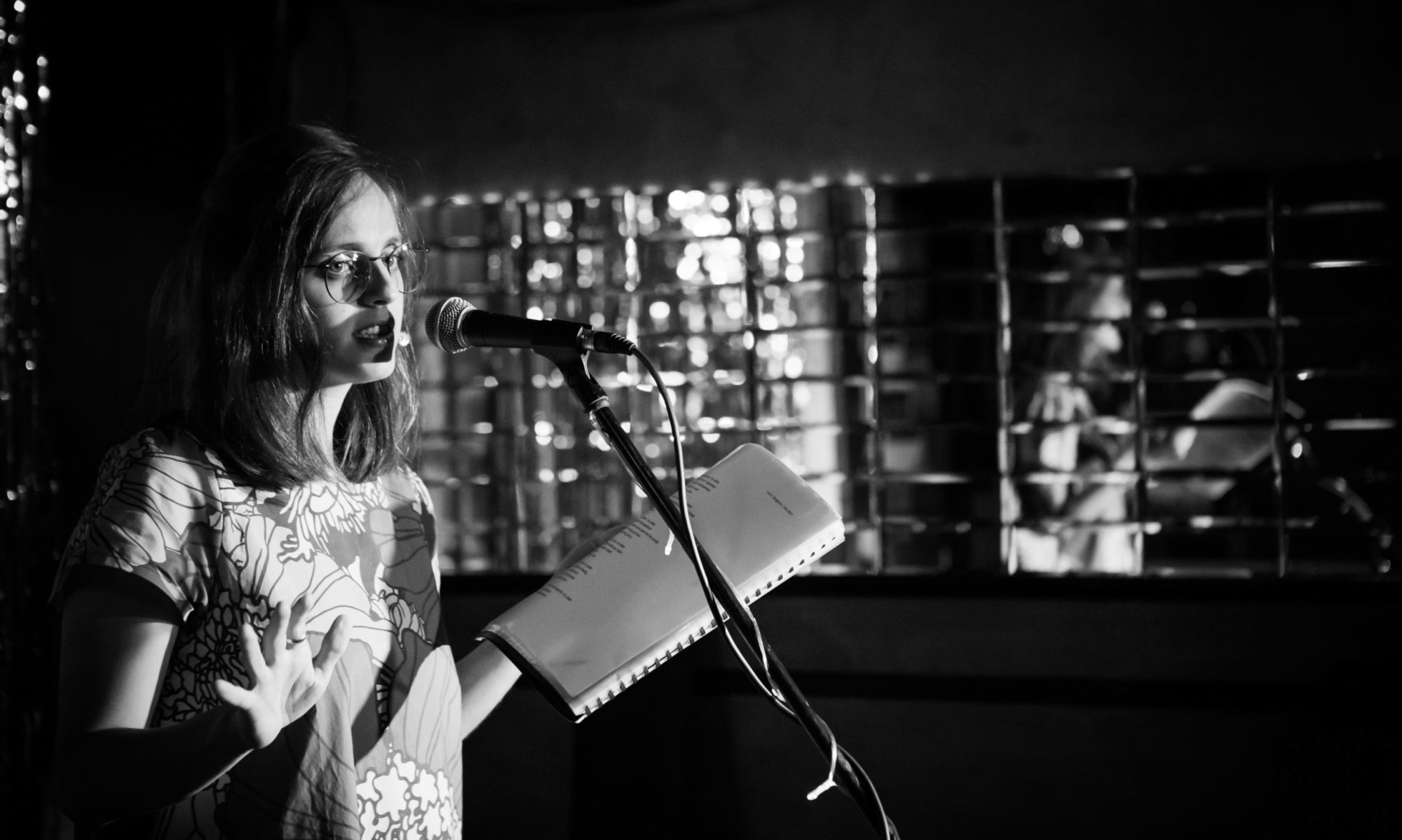*Spoiler alert for Sensitive – by Allayne L. Webster*
I’ve just finished reading Sensitive and I can’t stop thinking about it. This is my first book review on the blog. Although I read constantly, not often it feels needed to share my experience of reading something with the whole world. Sensitive made me want to.
Sensitive is the book I wish I’d had growing up. Growing up I didn’t know any other disabled children – not, even, one. Even though I spent many days in a hospital, surrounded by other kids who were probably going through similar struggles to myself. Like any other kid in the world, I craved a connection with others who get it.
Sensitive is the first YA book I’ve ever read with a disabled protagonist. Actually, Sensitive is the first fiction book I’ve read with a disabled protagonist. It has exceeded my expectations of reading a book by and about a disabled person.
SJ is portrayed in such a warm and human way that she feels real – a literary achievement in and of itself. On top of her humanity, and perhaps making it more so, she struggles with external and internalised ableism throughout her journey. She faces the medical model of disability so strongly in her family and treating doctors that she learns to believe it – the notion that she should be fixed. Perhaps without even realising it, she faces ableist language from her closest people – her mother especially but also the doctors. At her lowest, she feels her life isn’t worth living and struggles to accept her body, herself, and the notion that she has this particular body. ‘Why me’ questions come up often. Being involved in the disability community, I know many people who’ve experienced such ableism and angst.
SJ’s relationships also reflect such common experiences. Her grandmother is a lovely voice of reason and anti-ableism that any disabled child deserves to hear. Her parents’ struggles with her disease is portrayed so realistically, and as a disabled person it got me angry and sad. SJ’s responses fantastically dance between disconnect, disempowerment, despair, hope, questioning, reflection, isolation, and reaching out. Although SJ liked the boy who initially seemed like a bully, his image did expand and improve. I wanted to tell SJ he is a jerk, but in some way her liking increased her humanity.
SJ’s journey with internalised ableism doesn’t fully resolve, and that is perfection. This portrayal reflects many of our ever-changing relationships with our disabilities and bodies. Nicely, other characters provide hope that SJ could eventually come to love herself. She receives wonderful role modelling by Billie and Livvy – both friends who see her for the person she is.
Sensitive brings to light the internal struggle any person living with a disability may experience at some point in their life. The medical approach and the family’s buying into the medical desire to fix SJ, illuminate our society’s failure to accept and understand disabled people. The interaction between the medical model of disability and internalised ableism is beautifully hinted about.
Sensitive can be a powerful tool for able-bodied people to increase understanding and step into the shoes of disabled people. For health professionals, this could help understand the immense consequences of failure to see the person behind the condition. Most importantly, for any disabled person who has struggled with feelings of exclusion, bullying, or self-hatred – this book is guaranteed to normalise your experience and make you feel less alone.
Finally, the author has mentioned reading a story about disability she related to in her youth. Thank you Allayne Webster for writing this book, and for making me feel seen and included.
Until next time,
L. K. Bridgford
